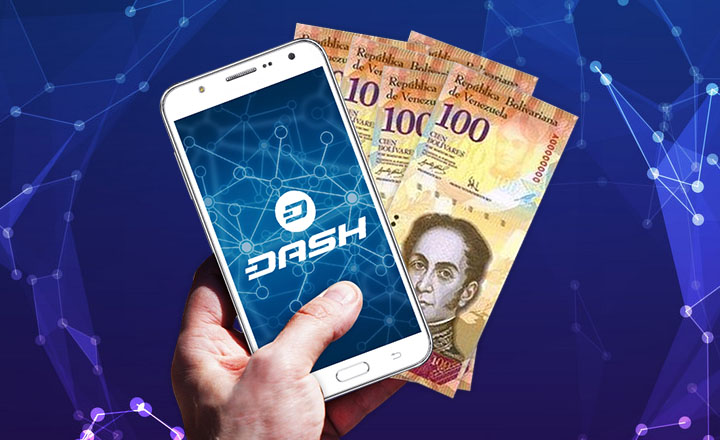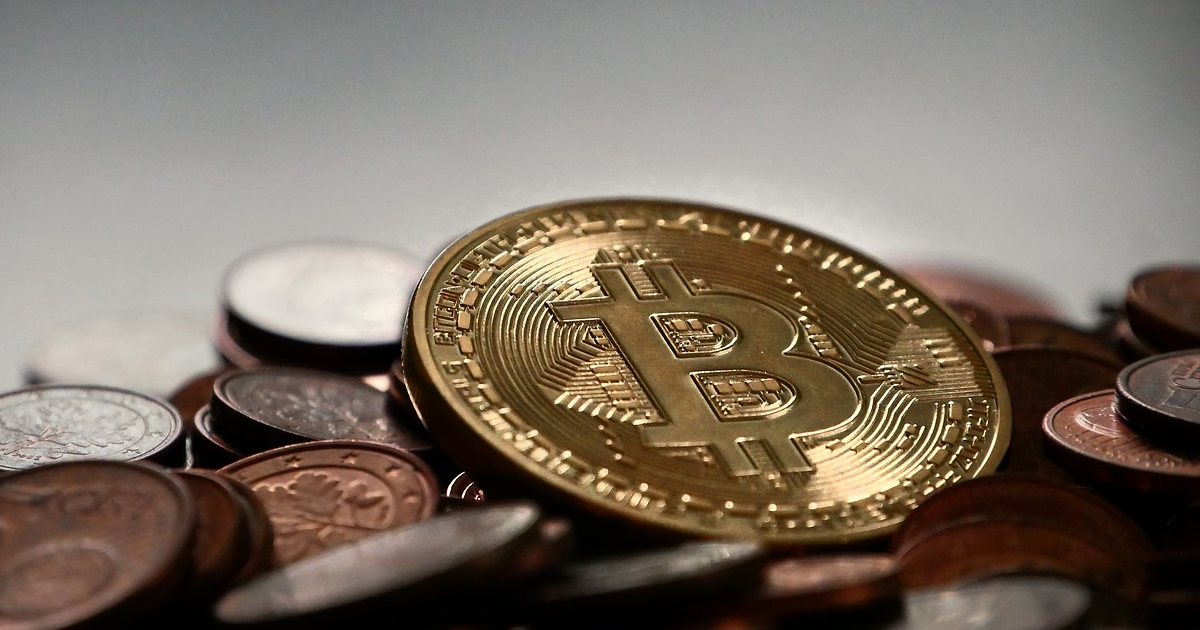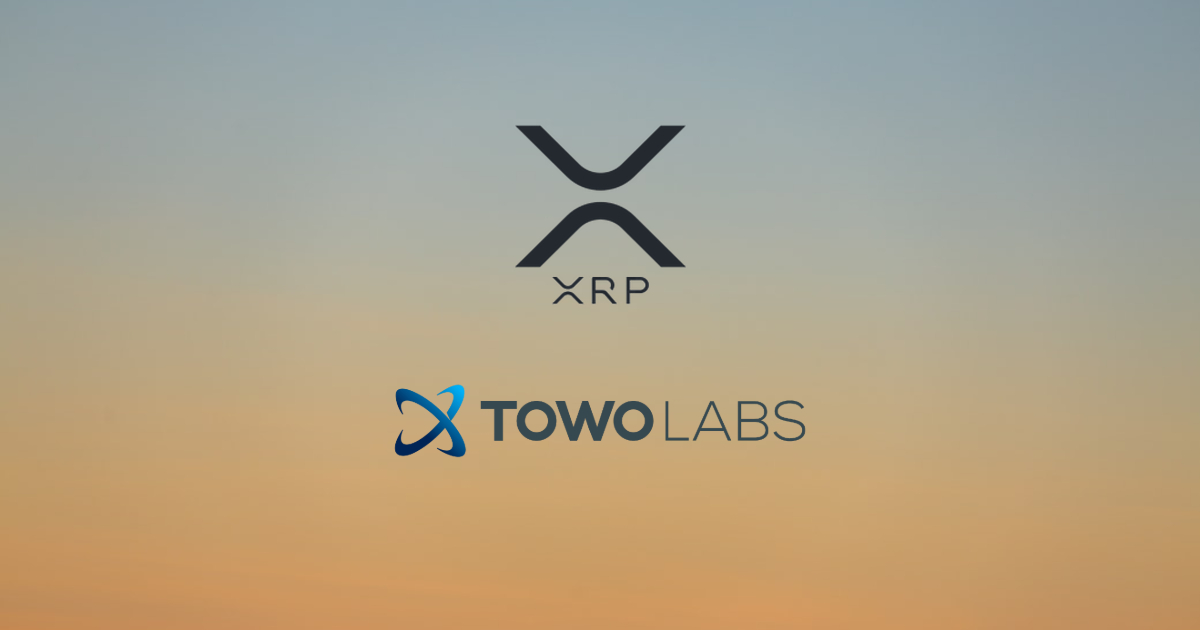The number of Dash-compatible crypto wallet downloads has increased in Venezuela amidst hyperinflation and economic crisis in the Latin American country.
As fiat currency prices in Venezuela spiral out of control, citizens have sought refuge in cryptocurrencies. One of those, in particular, is Dash (DASH), a “revolutionary digital money system.”
The top executive involved in Dash has reported a significant increase in the number of Dash crypto wallet downloads inside the struggling Latin American country.
A portmanteau of digital cash, Dash is the digital currency used in fast and cheap transactions through the blockchain network. A wallet serves as an account in which a user needs to deal with Dash.
Ryan Taylor, Dash Core Group CEO, said:
“We are seeing tens of thousands of wallet downloads from the country each month. Earlier this year, Venezuela became our No. 2 market, even ahead of China and Russia, which are, of course, huge into cryptocurrency right now.”
Venezuela currently suffers from hyperinflation, and the country’s strong bolivar continues to lose value. In fact, the country’s annual inflation rate sat at 33 percent at the end of July 2018.
Many economists attribute the current crisis to corruption and to the almost-suicidal economic policies of the previous Venezuelan administrations.
Taylor added:
“Venezuela is unique. It’s the only country in the world with what can be called hyperinflation. But there are other high-inflation countries. We’re seeing this with Turkey right now, Ukraine, Argentina—these are countries with very high inflation rates… we think, is enough to get people to try something new.”
Dash is currently the 14th largest crypto on the market with over US$1.1 billion worth in circulation. The altcoin is now trading at US$138.03 against the US dollar.
Venezuela’s Own Petro
Meanwhile, the Venezuelan government has decided to rest its fate on a digital currency as well. President Nicolás Maduro has revamped the Venezuelan currency system, which now includes the government’s own crypto called Petro.
Venezuela has devalued its old strong bolivar and released the new sovereign bolivar banknotes to combat the current economic crisis. The new currency removed five zeros from the strong bolivar. Furthermore, the value of the sovereign bolivar was linked to Petro.
Crypto enthusiasts have campaigned for the replacement of fiat with cryptos, and the Petro could be the first government-issued crypto. However, the same enthusiasts—and even economists—doubt the usefulness of the digital coin. They pointed out the fact that Petro is backed by barrels from Venezuela’s national oil company carrying a reported US$45 billion debt.
Avivah Litan, blockchain technology analyst at Gartner, said:
“The government is probably hoping that Venezuelans will think Petro is the same as [Bitcoin], but it isn’t. Petro is a currency issued and controlled by the same incompetent, corrupt and opaque Venezuelan government that manages their fiat currency. People aren’t stupid, and they won’t buy it.”
The move was not without precedent. In the 1920’s, the German Republic has created a new currency backed by another asset to combat its own hyperinflation. However, economists believe that how with the new currency was set up, the sovereign bolivar would not save Venezuela from its troubles.
| Related: Roger Ver Sends BCH to Governor of S. Korea’s Next ‘Crypto Valley’







